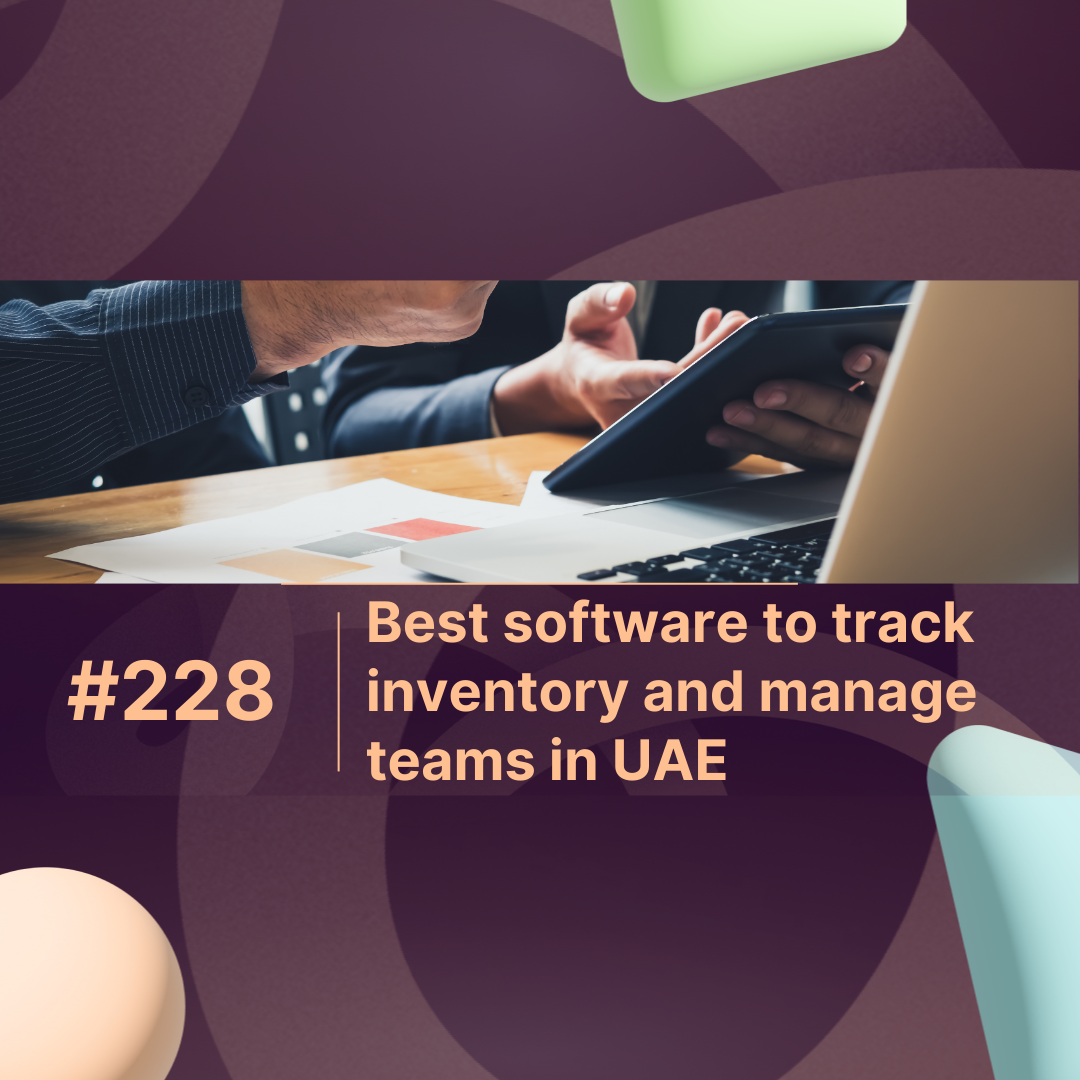Overview
The Gulf Cooperation Council (GCC) is experiencing one of the fastest workforce transformations in the world. Governments and enterprises are accelerating digital initiatives, adopting hybrid work models, and re-skilling talent to meet the demands of AI, automation, and innovation. The key driver behind this shift? A platform built for GCC one that understands the region’s unique workforce needs, compliance standards, and cultural dynamics.
What Is a “Platform Built for GCC”?
A platform built for GCC is a digitally unified ecosystem designed to help organizations modernize workforce operations across Saudi Arabia, UAE, Qatar, Oman, Kuwait, and Bahrain. It integrates HR, payroll, learning, and analytics customized for GCC labor laws, Arabic localization, and data security mandates.
| Feature | Traditional System | Platform Built for GCC |
|---|---|---|
| Data Hosting | Global servers | GCC-based cloud data centers |
| Compliance | Generic HR standards | Localized to GCC labor laws |
| Payroll & WPS | Manual calculations | Automated GCC payroll with WPS |
| Language Support | English only | Arabic + English bilingual UI |
| Scalability | Limited | Multi-country, multi-entity ready |
This regional alignment helps businesses scale faster, stay compliant, and deliver exceptional employee experiences in a dynamic GCC market.
Why Workforce Transformation Matters in the GCC
According to PwC Middle East, 69% of GCC executives believe workforce transformation is critical to achieving Vision 2030 objectives. As automation, AI, and digital-first models reshape industries, the region’s workforce must evolve from traditional, paper-based HR systems to AI-driven, cloud-based platforms.
Key Drivers of Change
-
National Visions (2030/2040): Prioritize digital transformation, localization, and skill development.
-
Youth Workforce: 50% of the GCC population is under 30, demanding modern digital workplaces.
-
AI & Automation: Predicted to contribute $320 billion to the Middle East economy by 2030.
-
Remote & Hybrid Work: Post-pandemic policies are driving cloud adoption and flexible platforms.
How a Platform Built for GCC Enables Workforce Transformation
1. Localized HR and Payroll Automation
A GCC-optimized platform automates end-to-end HR tasks—from onboarding to payroll while ensuring full compliance with WPS, GOSI, and MOL rules. This minimizes human error and enhances transparency.
2. AI-Driven Talent Management
Integrated AI modules help HR leaders forecast hiring needs, identify skill gaps, and design personalized learning paths. Platforms like MaxHR, built natively for the GCC, leverage AI analytics to predict employee turnover and optimize retention strategies.
3. Data Sovereignty and Security
With GCC countries tightening data residency laws, organizations must ensure that employee data remains within national boundaries. A platform built for GCC offers local data centers, ensuring compliance with Bahrain’s PDPL and Saudi Arabia’s SDAIA guidelines.
4. Arabic Localization and UX
Language inclusivity enhances adoption. GCC-built platforms offer bilingual dashboards (Arabic-English), localized date formats, and right-to-left design—making workforce management more intuitive.
5. Cloud Scalability for Multi-Entity Businesses
Enterprises operating across multiple GCC nations can centralize HR and payroll operations on a single, modular platform eliminating data silos and streamlining reporting.
Measurable Impact of Workforce Transformation
| Metric | Before GCC Platform | After GCC Platform |
|---|---|---|
| Payroll Accuracy | 82% | 99.5% |
| Onboarding Time | 10 days | 2 days |
| HR Operational Cost | 100% baseline | 65% reduced |
| Employee Engagement | 60% | 88% |
| Compliance Errors | 5 per quarter | 0 reported |
(Source: Internal benchmarking from GCC enterprises using localized HR platforms)
Why MaxHR Is Leading the Change
MaxHR, a platform built for GCC, is designed to empower regional businesses with automation, compliance, and employee engagement—all within a secure, locally hosted cloud. It integrates modules like payroll, attendance, learning, and analytics, delivering an end-to-end HR transformation suite.
MaxHR’s Edge:
-
100% GCC-compliant payroll engine
-
Arabic-English dual interface
-
AI insights for workforce planning
-
Integrations with Oracle, SAP, and Microsoft 365
-
Hosted on GCC-certified cloud infrastructure
With MaxHR, organizations gain real-time visibility into workforce trends and achieve digital maturity faster—aligning perfectly with Saudi Vision 2030 and UAE Digital Economy initiatives.
The Future of Workforce Transformation in GCC
By 2030, over 70% of GCC companies will operate through hybrid or remote-enabled models. Workforce platforms will evolve into AI-driven ecosystems, combining HR data with predictive analytics for decision-making. The success of this transformation depends on adopting systems built for the region not retrofitted global tools.
Businesses investing early in platforms built for GCC will:
-
Strengthen employer branding in competitive markets
-
Achieve operational efficiency gains of up to 45%
-
Ensure resilience amid regulatory and market shifts
Conclusion
Workforce transformation in the GCC isn’t just about technology it’s about alignment with regional values, regulations, and ambitions. A platform built for GCC, such as MaxHR, delivers this alignment enabling smarter, faster, and more compliant workforce management.
In a region where digital transformation meets cultural nuance, success belongs to organizations that think local but innovate global.
FAQs on Workforce Transformation in GCC
1. What makes a platform “built for GCC”?
It’s designed with GCC labor laws, bilingual support, local compliance, and regionally hosted data infrastructure—ensuring efficiency and regulatory alignment.
2. Why is workforce transformation a priority now?
AI, automation, and Vision 2030 initiatives are pushing organizations to digitize and upskill their workforce faster than ever.
3. How does MaxHR support compliance across GCC countries?
MaxHR automates WPS, GOSI, and labor law updates across KSA, UAE, Qatar, and Bahrain reducing compliance risks.
4. What ROI can businesses expect from adopting a GCC-built platform?
Typically, 30–45% reduction in HR costs, 99% payroll accuracy, and up to 3x faster onboarding time.
5. How do AI and analytics shape GCC workforce transformation?
They help HR leaders predict attrition, personalize training, and make data-driven hiring and performance decisions.



